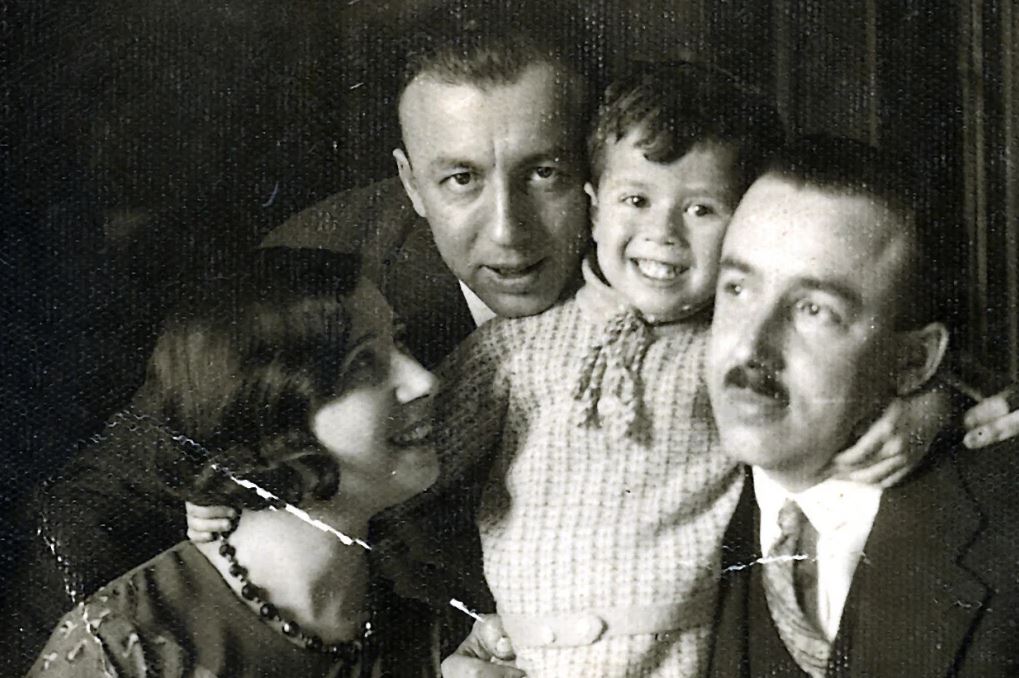Nearly seventy-five years ago, on May 2, 1945, the US army liberated me from a concentration camp. As I anticipate the 75-year anniversary of that glorious day in spring, I find myself again in a kind of prison – waiting for release.
When the Americans arrived at Muhldorf-Mettenheim, a satellite camp of Dachau, my mind was dull and my body worn out from the terrible events that had occurred since the Nazis invaded my native Hungary a year earlier. I was a skeleton weighing only 34 kilograms. A recent bout of typhus fever left me so weak I could barely move.
The fact I was alive at all was thanks to the bravery of friends. First, the camp doctor – an old friend of my father’s – slipped me extra food rations. Next, a friend from near my childhood village pulled me from a cart in which I’d been heaped beside the dead and moribund.
Still, that morning I dragged myself from the barracks to greet the tanks. On the other side of the barbed-wire fence the Bavarian countryside was beautiful in the tranquil sun, but also silent and empty.
In the following days my body grew stronger, my mind clearer.
I believed wholeheartedly that from now on life would be uninterrupted joy. It soon became clear this was naive and wrong and that even without barbed-wire life can bring hardship and tragedy. Within a few years the Hungarian revolution forced me onto the streets to cry, “Russians Go Home!” At one point I hid in the cellar, shaking at the sound of artillery fire from the Red Army.
Read the article by George Szego in the Brisbane Times.

